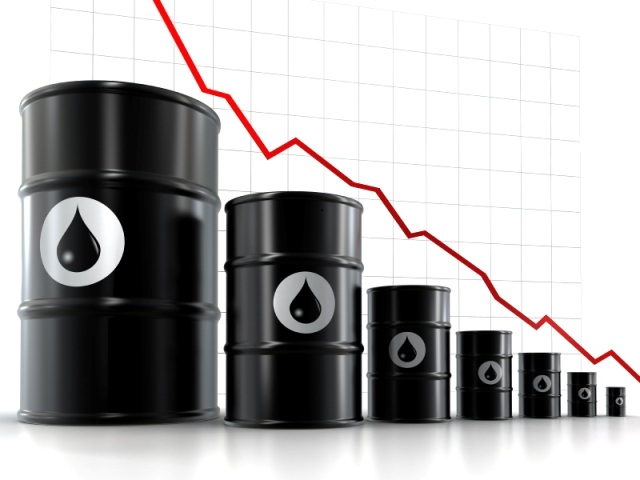This recent update from Benjamin Tal, Deputy Chief Economist of CIBC World Markets Inc., recently had this to say about the drop in oil prices. The sky is NOT falling!
“The shocking decline in the price of crude is a classic black swan event in the sense that it was totally unpredictable. While at this point most observers have already internalized that prices will not go back to the $100 per barrel territory any time soon, the consensus is still that prices will rebound from current levels to around $60-$65/bbl in the coming quarters.
There are three reasons behind this assertion: First, the response curve of Shell Oil is relatively elastic. It is widely expected that by the second half of the year, we will see an actual supply reduction coming from that sector — with most of the activity concentrating on core producers that are still profitable at, say $60 a barrel. Second, within OPEC, the pressure from Iran, Venezuela, and of course Russia, to cut production will intensify. And as important, this is not exactly a walk in the park for Saudi Arabia. This experiment will be costing the kingdom north of $250 billion in 2015, with the budget deficit widening to over $60 billion.
So while the situation is greatly uncertain, it is reasonably logical to assume somewhat higher prices in the second half of the year. In fact, by the end of this episode, we might find ourselves in a world in which the global supply curve will be split into two curves — one for prices of, say below $70/bbl, and the other for more expensive crude.
We live in Canada, so low oil prices are viewed as a negative. For the global economy, however, cheap oil is a blessing. The Eurozone can use all the help it can get, and now with low energy prices, alongside a weak currency, the zone has a fighting chance to avoid a recession in 2015. China is a major importer of oil, so is Japan, and concerns about the disinflationary impact of lower prices on these economies are misguided. Low oil prices are unambiguously positive for the Japanese economy. Low energy prices are also a huge positive for India, with the government taking advantage of the new development to cut energy subsidies and deregulate the diesel market — something that they were not able to do when oil was at $100 a barrel. And let’s not forget that the US still imports 25% of its energy, and its drivers’ addiction to gasoline is a well known phenomenon.
Even in Canada, it is very easy to forget about the positives. Yes, mathematically speaking, low oil prices are a negative when it comes to overall GDP due to the dramatic negative impact on Alberta, but we should not forget that lower oil prices benefit 80% of the population. More than that, Canada is a major energy consumer — in fact, leading the OECD in terms for energy use per capita. See the following link to a discussion regarding the other side of low oil prices (http://research.cibcwm.com/economic_public/download/feature1.pdf).
Accordingly, when the fog clears, we might wake up to the realization that markets are currently overreacting and that the drop in oil prices is really a blessing in disguise.”



Leave A Comment